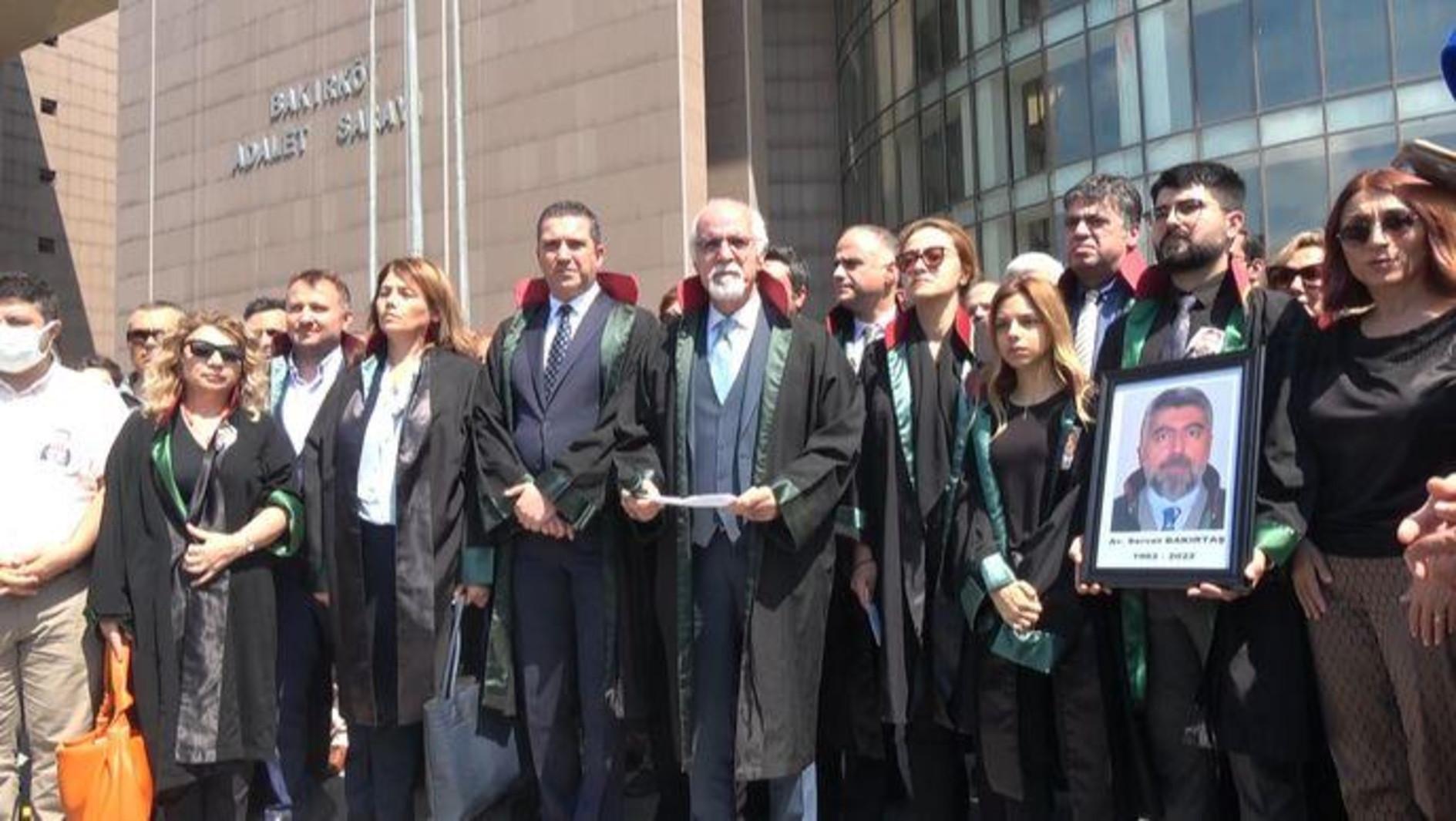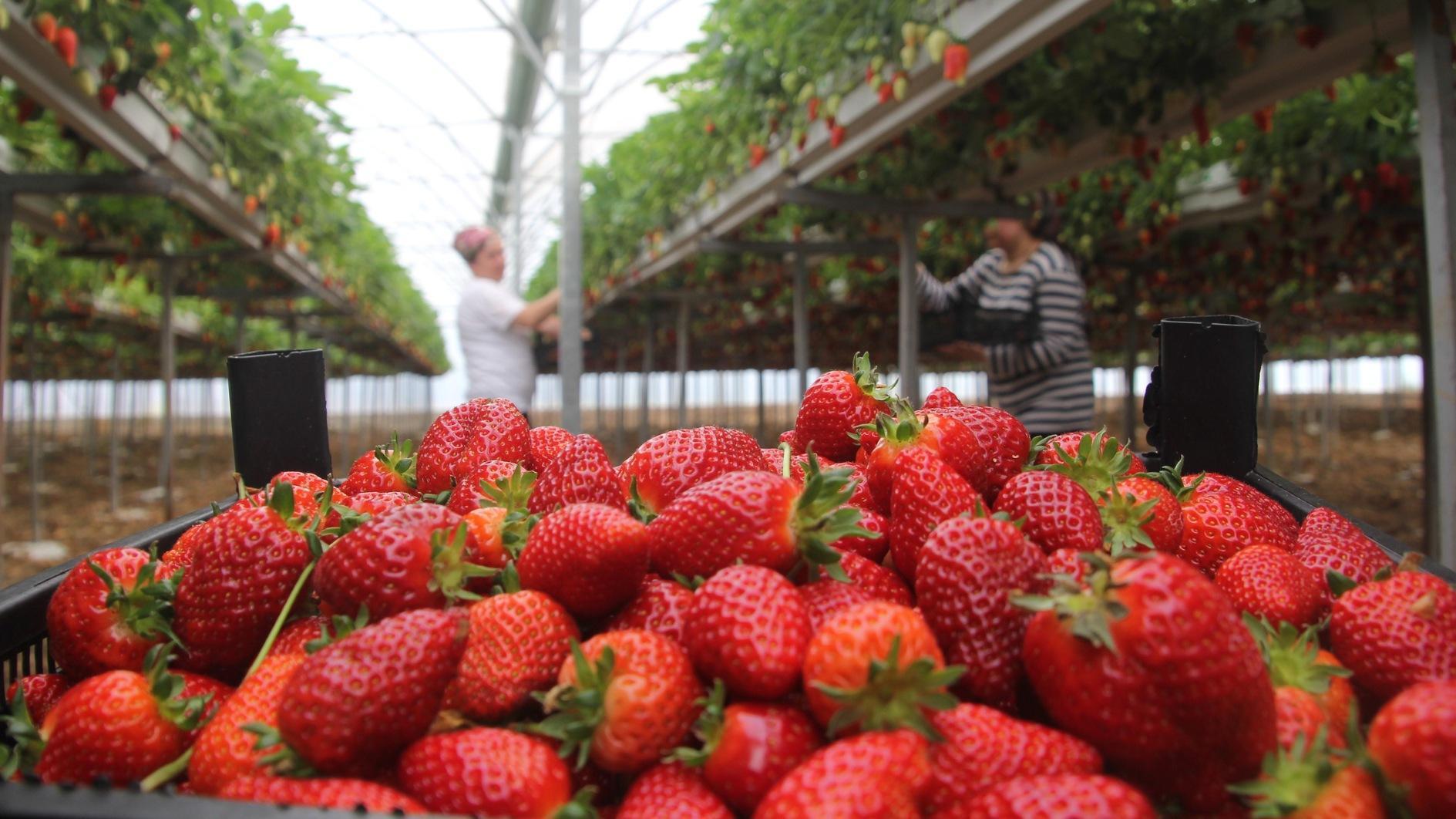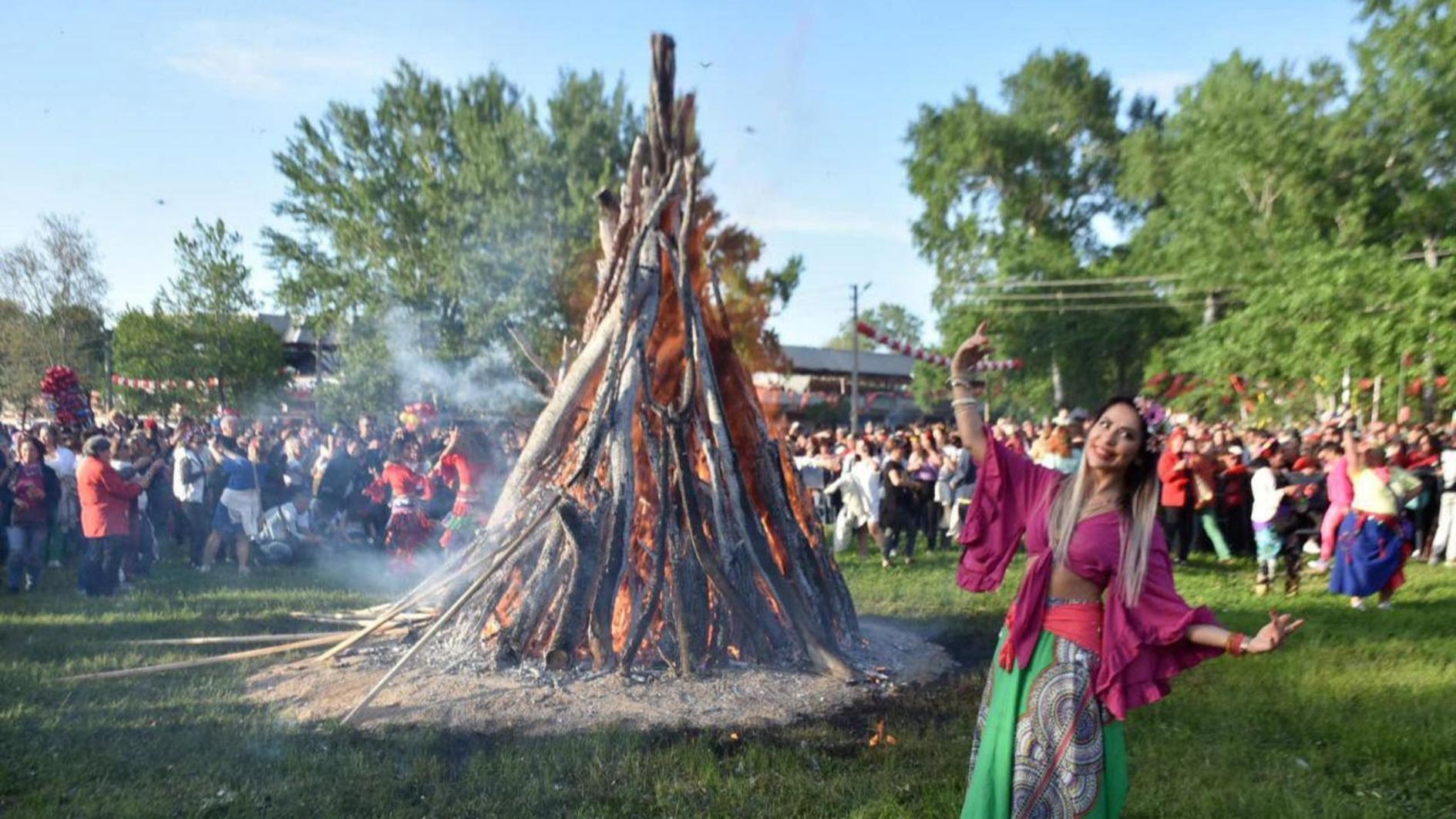Is the political ‘winter coming’ or is it already here?
In her book called “Wall,” prominent academic Deniz Ülke Arıboğan refers to the world famous series “Game of Thrones.” The scenario is based on developments taking place in a world separated by an icy wall 480 kilometers long. One of the mottos in the series is “winter is coming.” The concept of the wall attests not only to a winter that could last for years but also to a danger that will try to overcome the wall.
Rather than their physical functions, Arıboğan talks about the psychological reflections of walls being built in the world; underlining the fact that there are so many of them that the world’s physical map can be seen from space for the first time in history.
Some walls are being built against terrorists, some against refugees, some against Russian military expansionism, some against Chinese economic expansionism. Just as walls tell us something about those remaining on the other side of the wall; it says something about those staying within the walls.
And that’s when she mentions the concept “walled democracies,” in the chapter called “Walls against democracies.” “Starting from the West, the whole world had entered a period where illiberal forces were gaining prevalence,” she wrote using a narrative of a dystopian novel. Populists were creating an axis of fear in the West where several negative developments had drawn a line against democratic progress.
In the post-Cold war ideology of globalization, human beings are considered as individuals, Arıboğan told me in an interview. In walled democracies, they are seen as citizens. “If you are an individual you have rights. If you are a citizen you have duties,” she said.
“In contrast to globalists giving priority to civil society, democrats of the nation states underlined the stability and security of the sphere of freedom provided by the state,” wrote Arıboğan. “The cult leaders of authoritarian democracies,” were convinced that the liberal democracy waves were weakening the nation states, attacking the immune system of the world by replacing citizenship with sub-identities and rendered it ill by cross-border movements and unions, which were difficult to control. Erecting walls was like a vaccine against this epidemic.
There were values people could lose other than their lives, like lifestyles, work, identities and nation. Only leaders who were the representatives of the national values could resist against the global attack to these values, wrote Arıboğan. In this new world order, the role of the leaders was more important than whether the democracies were liberal or not. “The times of king leaders had come back.” In addition to keeping the enemy outside, a more important function of the walls being erected was for those inside the wall to show loyalty to the leader.
Arıboğan finishes the book with a warning: A long and cold ‘winter is coming’ to our planet.
Turkey taking the lead, setting the precedent
Turkey entered an economic crisis in 2001, earlier than the world economic crisis in 2008. Frustrated by the long established political parties, the Turkish nation voted for a new leader and elected a new party to the government; long before the public in the West became irritated by the established order. Turkey was the first to come out of the economic crisis. It hit a record level of growth, while the world was suffering from financial crisis.
Winter has already come to Turkey and is fast approaching Western Europe. If the same sequence applies, who knows, maybe Turkey will be the first to escape the harsh winter, which is sure to last long.











